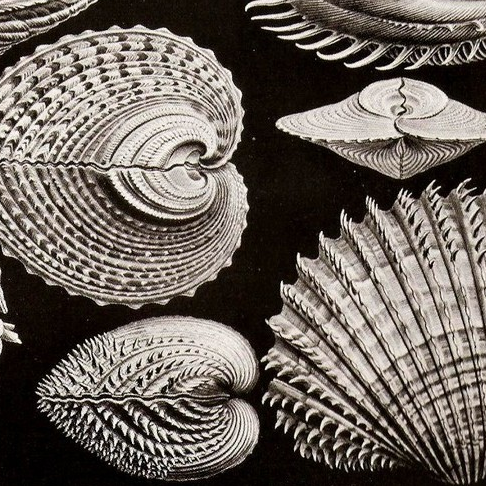Category: Humanities
-
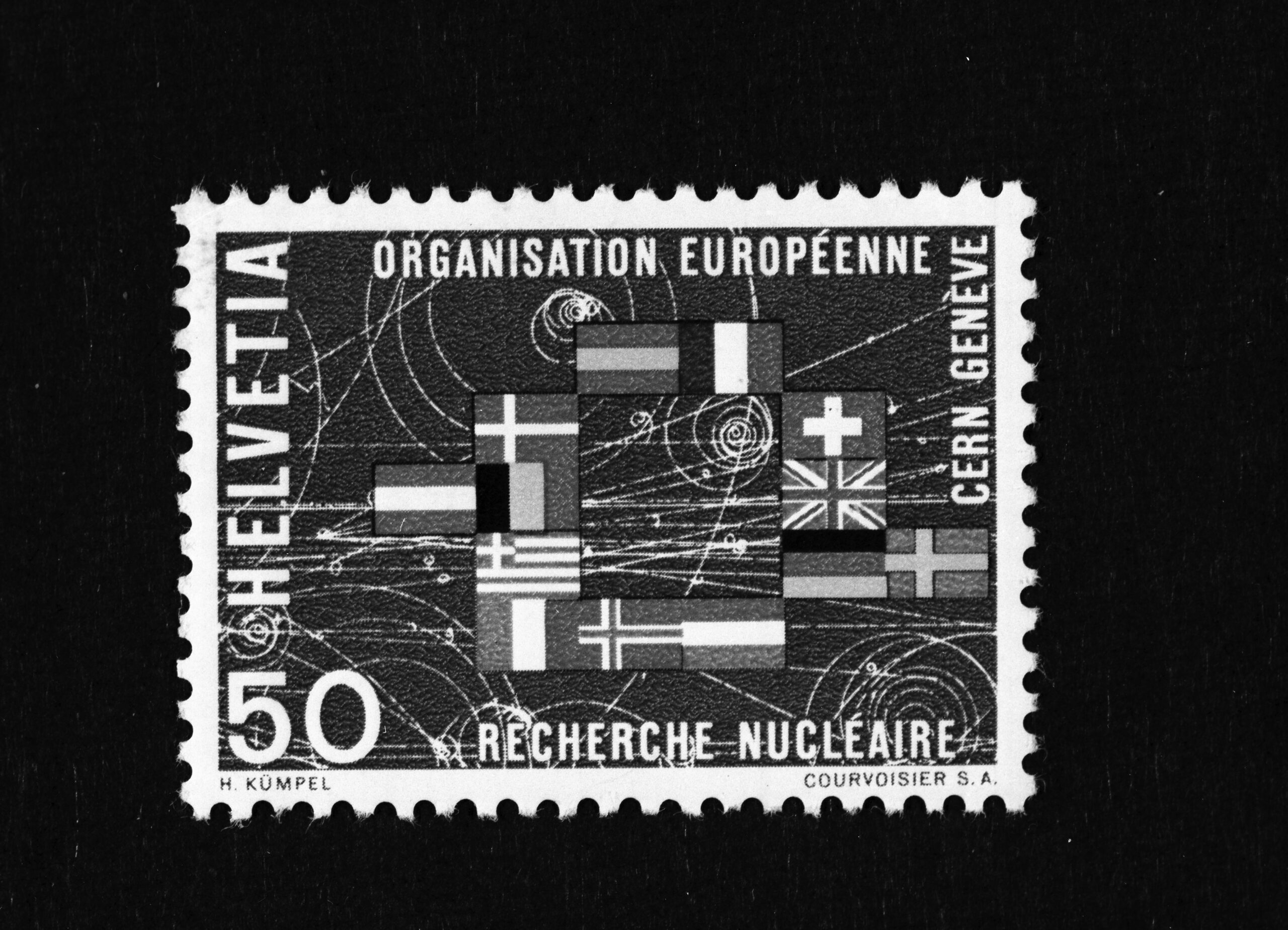
CERN: the foundational myth of European science diplomacy
In 2010, the American Association for the Advancement of Science (AAAS) and the Royal Society published a report entitled New Frontiers in Science Diplomacy. The report argued for a greater use of science in the conduct of international relations between different countries and led to a greater emphasis on science diplomacy in policy circles throughout…
-
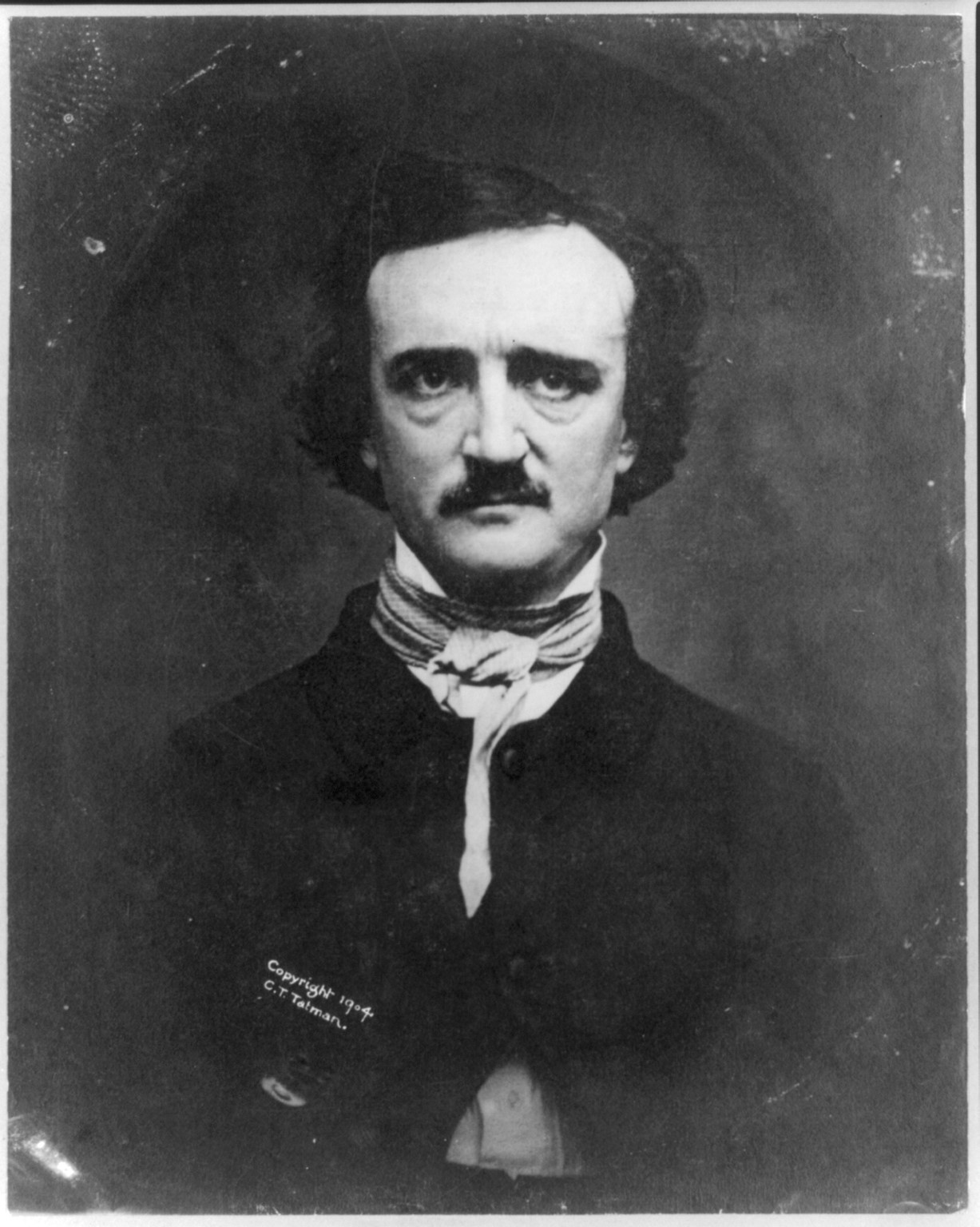
Edgar Allan Poe and Plagiarism
Edgar Allan Poe lived from 1809 to 1849 and made a narrow living with his writing career in the eastern cities of the United States of America. Most who know of Edgar Allan Poe know of his eerie poetry and gothic short stories, macabre and mysterious: “The Tell-Tale Heart,” “The Raven,” and “The Fall of…
-
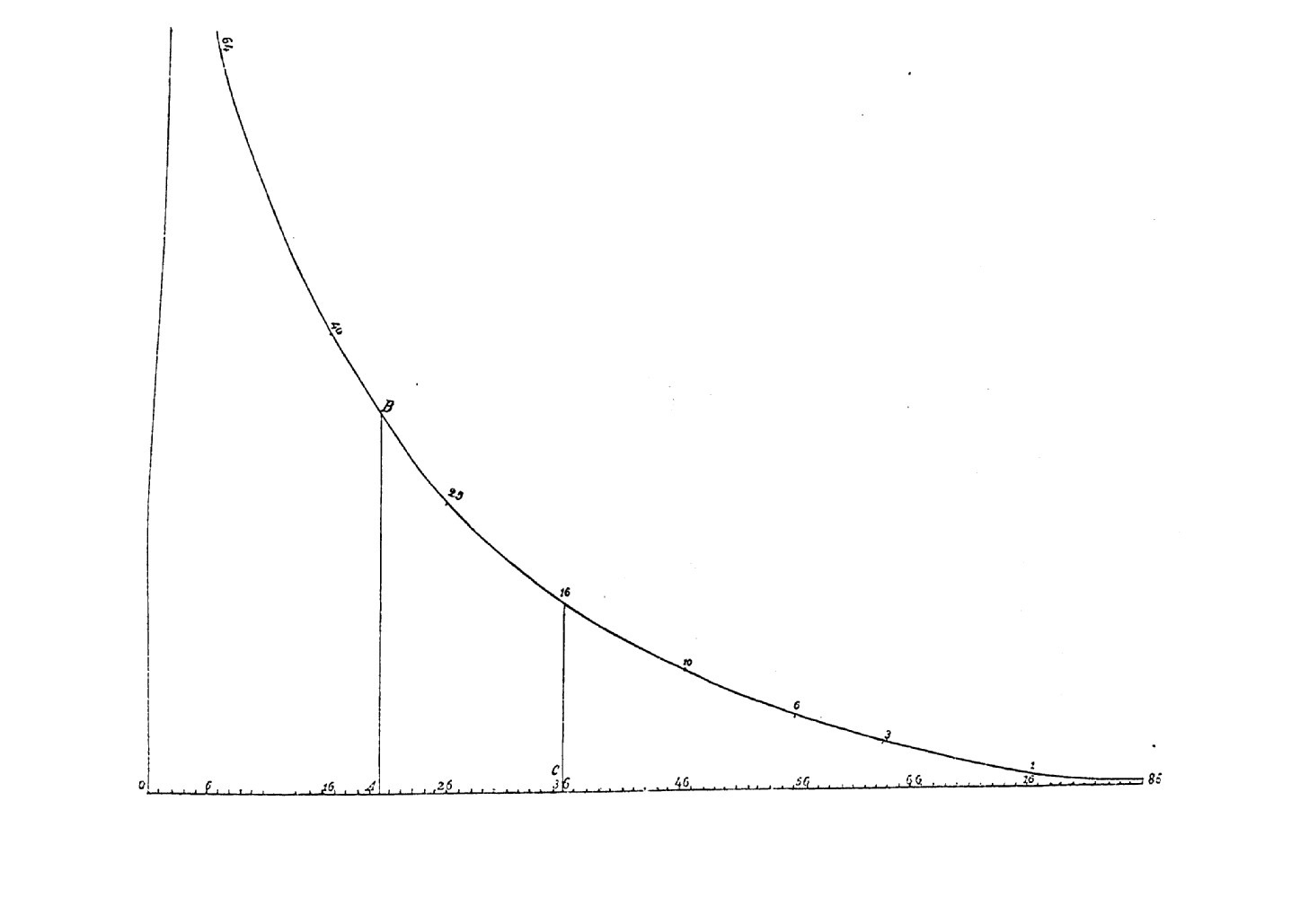
De ‘levenslijn’ van Christiaan Huygens
Christiaan Huygens schreef in 1669: ‘… door het trekken van een kromme lijn, waarop ik met den passer het leven afmeet van elken willekeurigen persoon, [zie ik] b.v. dat gij, op uw leeftijd van 38 jaar, nog ongeveer 19 jaren en 4 maanden leven kunt’ Met deze woorden introduceerde Christiaan het wonderlijke hulpmiddel dat hij…
-
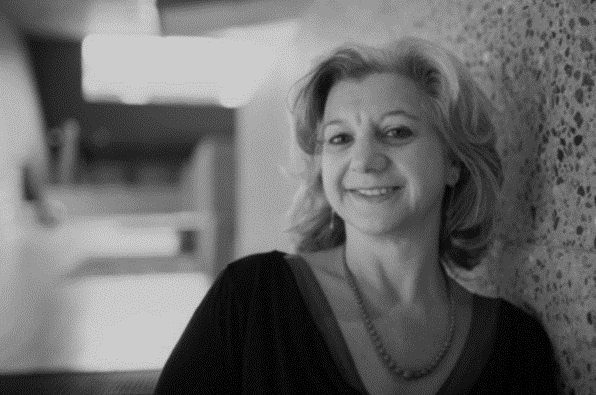
An Interview with Federica Russo: Integrated HPS in Practice
This is the second in our series of interviews with current historians and philosophers of science. In these interviews, our guests are asked to reflect on the current status of the field, how we might contribute to contemporary debates, what their own research interests are, and how these interests inform their worldview. In this interview…
-
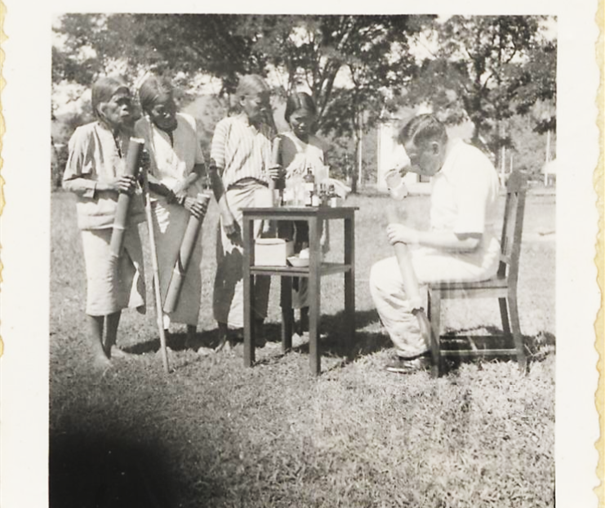
A Last Resort: Legitimizing Medical Experiments in the Colony
It is something that is considered to be self-evident today: in order to test a new pharmaceutical drug, a randomized controlled trial should be set up and the informed consent of those participating is needed. Before the Second World War, however, few such guidelines existed in print. Rather, medical ethics were implicit and flexible. This…
-
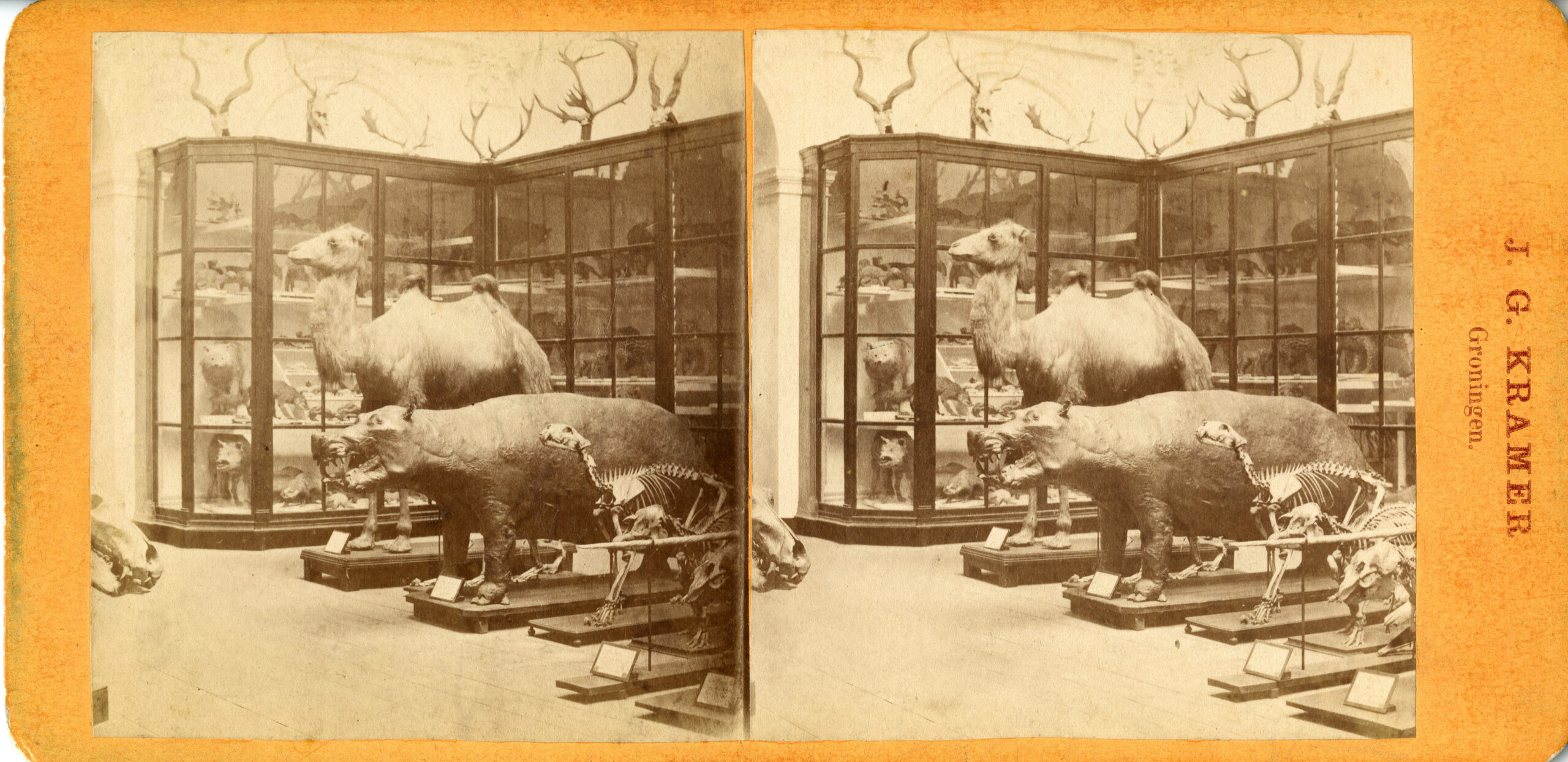
‘A number of curious entomological works’
This story is published simultaneously by Gauronica (blog Special Collections of the University Library of the University of Groningen) and Shells and Pebbles. Recently, a number of colleagues from other university libraries visited us in Groningen. As usual, we did our very best to show them the beautiful objects we have in our Special Collections.…
-

“Eenige merkwaardige entomologische werken”
Dit verhaal is gelijktijdig gepubliceerd door Gauronica (weblog Bijzondere Collecties van de Universiteitsbibliotheek van de Rijksuniversiteit Groningen) en Shells and Pebbles. Ik had onlangs een aantal collega’s van andere universiteitsbibliotheken te gast bij ons in Groningen. En, zoals vaker, dan doen we ons best om te laten zien wat voor moois we wel niet in…
-

Curated Curiosity – reinstituting science museums as Wunderkammern after modernity
A walk through a twenty-first century science museum is rarely straight. As in other museums, professionals working in science museums experiment with their curatorial practices: they shuffle their showcases, scutter through depots to find forgotten objects, and try to uncover unseen entanglements. These curatorial practices often explicitly aim to revive “cabinets of curiosities” or “Wunderkammern”,…
-

Druk, druk, druk
Verslag van het publiekscongres ‘Academische werkdruk in historisch perspectief’ Op vrijdag 8 oktober 2021 vond in Leiden het publiekscongres van Gewina plaats, georganiseerd door Dirk van Miert en Herman Paul. Het thema was ‘academische werkdruk in historisch perspectief’, maar het duurde niet lang eer de eerste opmerking over de actualiteitswaarde van dit onderwerp viel. Marieke…
-

De opkomst van de universitaire campus in Nederland, 1945-2020
Nu de universiteitsgebouwen in Nederland er verlaten bijliggen vanwege de coronapandemie – en geschikt worden gemaakt voor de anderhalvemetersamenleving – breekt een nieuw hoofdstuk aan in de roerige geschiedenis van de universiteitscampussen in de afgelopen decennia. Universiteiten zijn al enige tijd volop bezig met renovatie, sloop en nieuwbouw, vaak op basis van uitgesproken ideeën over…
-

‘Ein herrenloses Zwischenland’: Max Weber and Willy Hellpach, ‘social pathology’, and the sciences and humanities
In 1905 the psychologist Willy Hellpach submitted a manuscript to the Archiv für Sozialwissenschaft und Sozialpolitik, a journal led since 1903 by Edgar Jaffé and edited primarily by the well-known scholars Werner Sombart and Max Weber. Hellpach’s article concerned the notion of ‘social pathology’ as a possible scientific perspective on particular diseases, like alcoholism and…
-

The Value of the Humanities according to Friedrich Paulsen
Friedrich Paulsen (1846-1908) wrote several influential works on philosophy – with readers from all over the world – but is surprisingly neglected in the historiography of philosophy. When mentioned at all, it is mostly as the philosophy teacher of Edmund Husserl in Berlin or as one among many neo-Kantians. However, there are many aspects of…
-
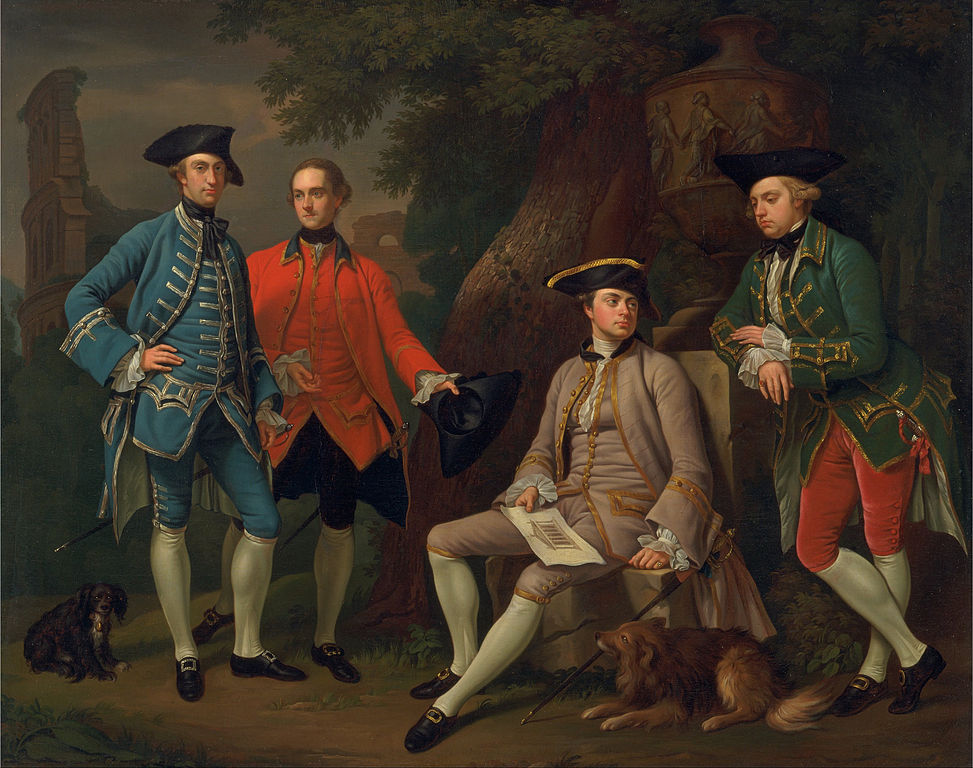
Rethinking the Republic of Letters: Two Perspectives on the Early Modern Learned Community
Early modern scholars oftentimes emphasised the ideal of sharing knowledge beyond confessional and national borders. But was the learned community of early modern Europe truly as open and accessible as these intellectuals proclaimed? Or did the Republic of Letters in action perhaps comprise a number of “sub-republics” divided along the lines of religion, discipline, region,…
-
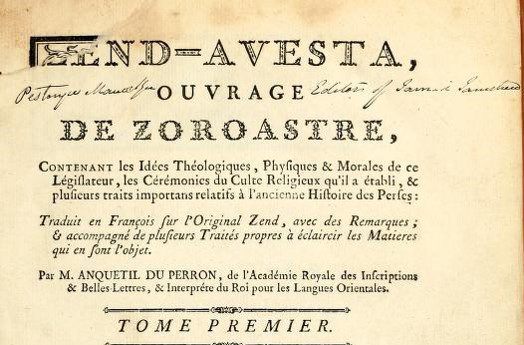
What Zarathustra said: The sixty-year controversy regarding Anquetil-Duperron’s Zend-Avesta
In 1771, a French scholarly adventurer by the name of Abraham-Hyacinthe Anquetil-Duperron shocked the Republic of Letters with his translation of Zend-Avesta, Ouvrage de Zoroastre. Published in three volumes with a long series of appendices and a book-length introduction about Anquetil’s travels in India, it offered the first known example of a monotheistic text with…
-
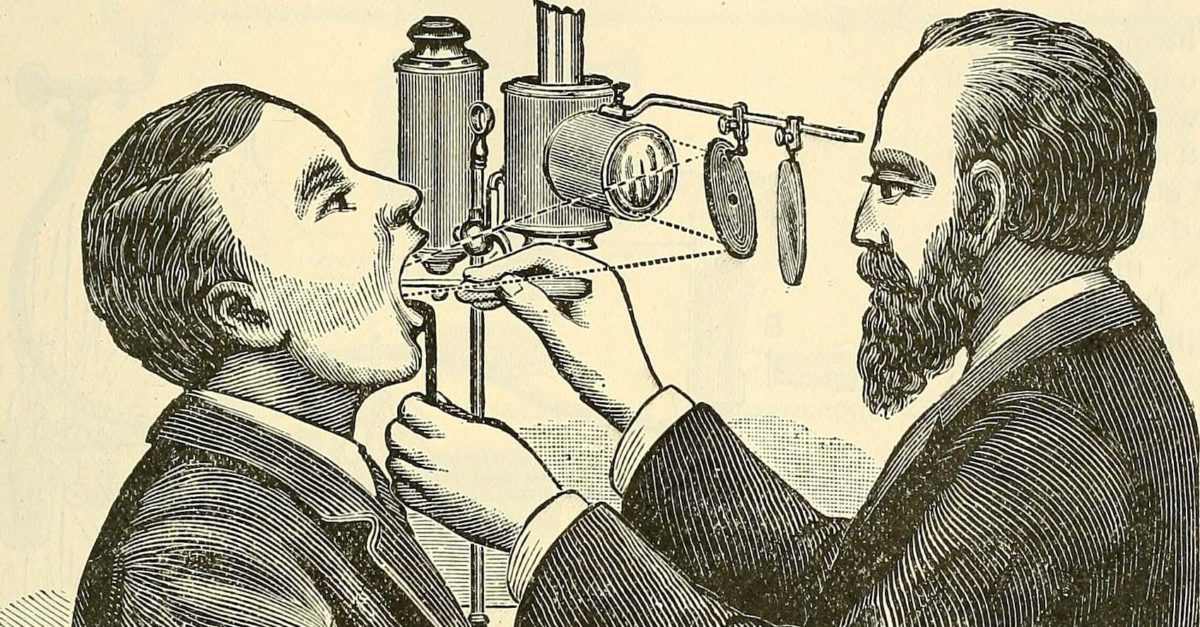
Een forumsectie over een ‘divide’ die er nooit is geweest?
In de voorjaarseditie besteedt History of Humanities een forum aan de ‘two cultures’ — de vermeende tegenstellingen tussen de natuur- en geesteswetenschappen. Wat volgt is een korte bespreking van de afzonderlijke bijdragen en een evaluatie van het geheel. Die eindwaardering komt erop neer dat we een hoop leren van deze forumsectie, zowel empirisch als conceptueel,…
-

Probing the Boundary between Knowledge and Science in the History of Psychology: The Late Antique Roots of Introspection
The period of transition from classical antiquity to the Middle Ages, known as late antiquity, gave rise to some of the elements that have since constituted the identity of the Western self. It also gave rise to new lines of psychological investigation, of which Western psychology is the remote heir. Psychology, however, did not exist…
-
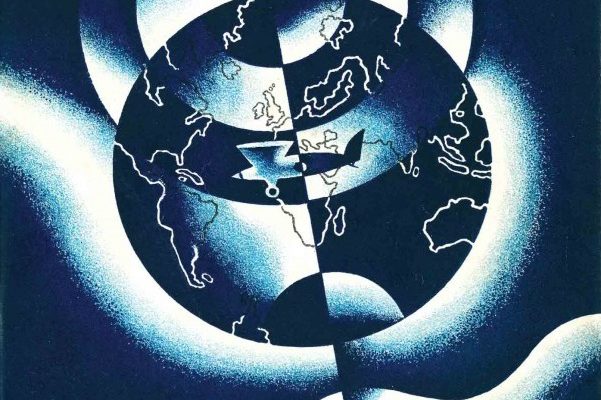
A Science of Science? Plato’s Charmides
Can a culture study its own knowledge? Yes, according to sociologist David Bloor. More than that: it is vital that we can look at our own scientific knowledge scientifically. Otherwise, there would be an “irony at the very heart of our culture. […] it would mean that science could not scientifically know itself.”[1] Speaking of…
-

How to write a history of the humanities: A report on a colloquium with Rens Bod and James Turner
On the first of February the early modern historical colloquium on the history of the humanities took place in the fully packed Sweelinck room of Utrecht University. For this extended colloquium the university invited Prof. dr. Rens Bod and Prof. dr. James Turner, two authors of seminal publications on the history of the humanities. Rens…
-
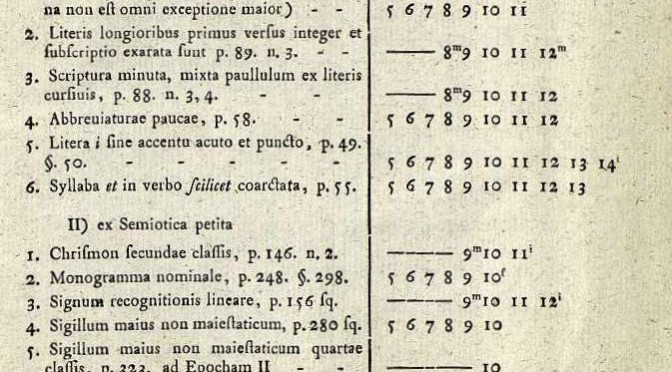
Paper Machines: the systems, maps, chronometers, and apparatuses of Johann Christoph Gatterer
Johann Christoph Gatterer was a data gatherer. As a professor of history in Göttingen, from 1759 until his death forty years later, he compiled collections of medieval manuscripts, coins, heraldic tables, maps, and even weather reports. He did not only collect them: he also transformed his hoard into manuals for studying heraldry and medieval charters,…
-
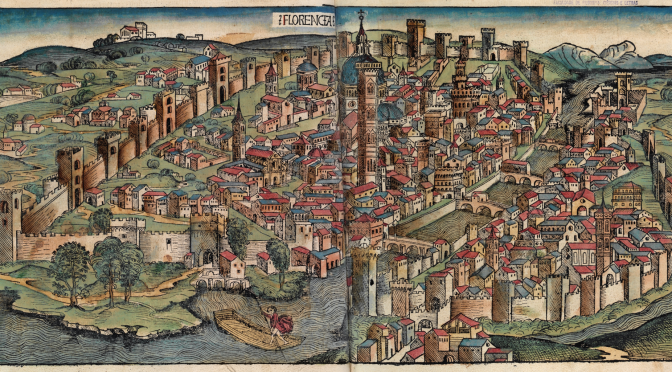
Eenenzeventig argumenten voor de geesteswetenschappen: Coluccio Salutati’s “De nobilitate legum et medicinae”
Zijn er misschien twee soorten wetenschappen? Bijvoorbeeld: aan de ene kant wetenschappen die gaan over universele wetten, die op een rationele manier zekere en nauwkeurige kennis kunnen krijgen over die wetten, en hun kennis ook nog eens kunnen toepassen op een manier die voor iedereen aantoonbaar nuttig is. Aan de andere kant wetenschappen die eigenlijk…
-
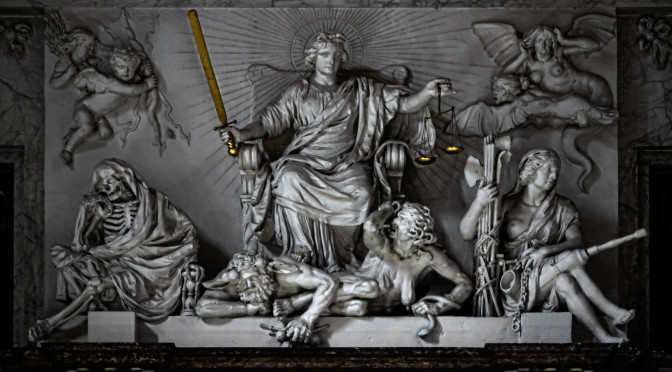
Pan or Midas? The historical challenge of interpreting visual evidence
In a recent article in Isis, historian Richard Serjeantson traces Francis Bacon’s coinage and usage of the phrase “interpreting nature”. Bacon, Serjeantson argues, was the first to come up with the notion of an “interpretation of nature”. The author delves into sixteenth century sources to find where the word “interpret” comes from. Apparently not from…
-
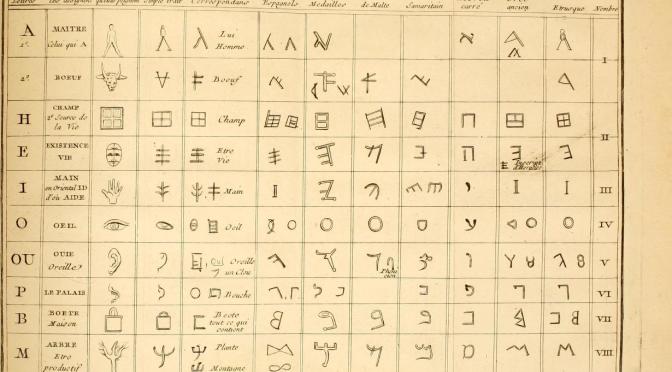
Het trieste einde van Antoine Court de Gébelin
Antoine Court de Gébelin, koninklijk censor en geleerde sensatie van het late Ancien Régime, stierf in verdachte omstandigheden in Parijs op 12 mei 1784. In zijn laatste jaar had hij zich laten behandelen door de Weense wonderdokter Mesmer, en was uiteindelijk zelfs bij hem ingetrokken. Een mesmeristische behandeling houdt in dat het ‘dierlijk magnetisme’ van…
-
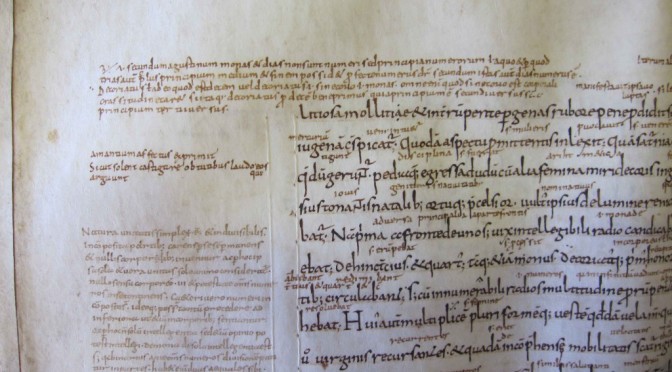
Marginal signs: central for understanding early medieval thinkers
If you were asked to pinpoint a scientist in a crowd, how would you recognize one? Or if you were asked to identify a scientific publication among other books, how would you be able to do so? And what would you do if you were asked to identify scientists, scientific books and scientific institutions from…
-
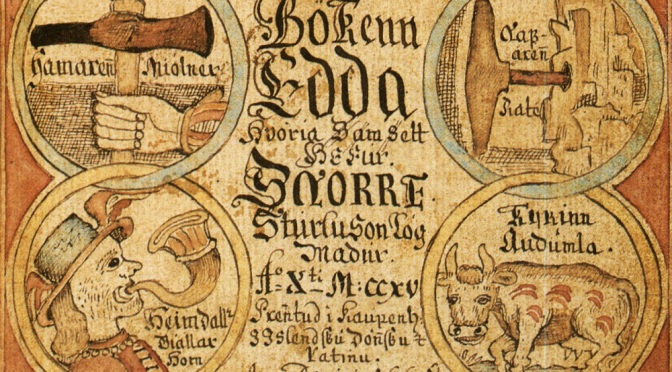
Blackwell’s rag-bag, or the (in)fertility of hybrid texts. Intertextual patterns and methodological shifts in an 1847 re-re-re-re-edition of the Prose Edda
Historians of scholarship should love hybrid works. By ‘hybrid works’ I mean works that don’t fit neatly into a specific genre or format, but that combine the characteristics of different genres and information from disparate kinds of source material, often even texts from different authors. Historians should love such hybrid works for three reasons. First,…
